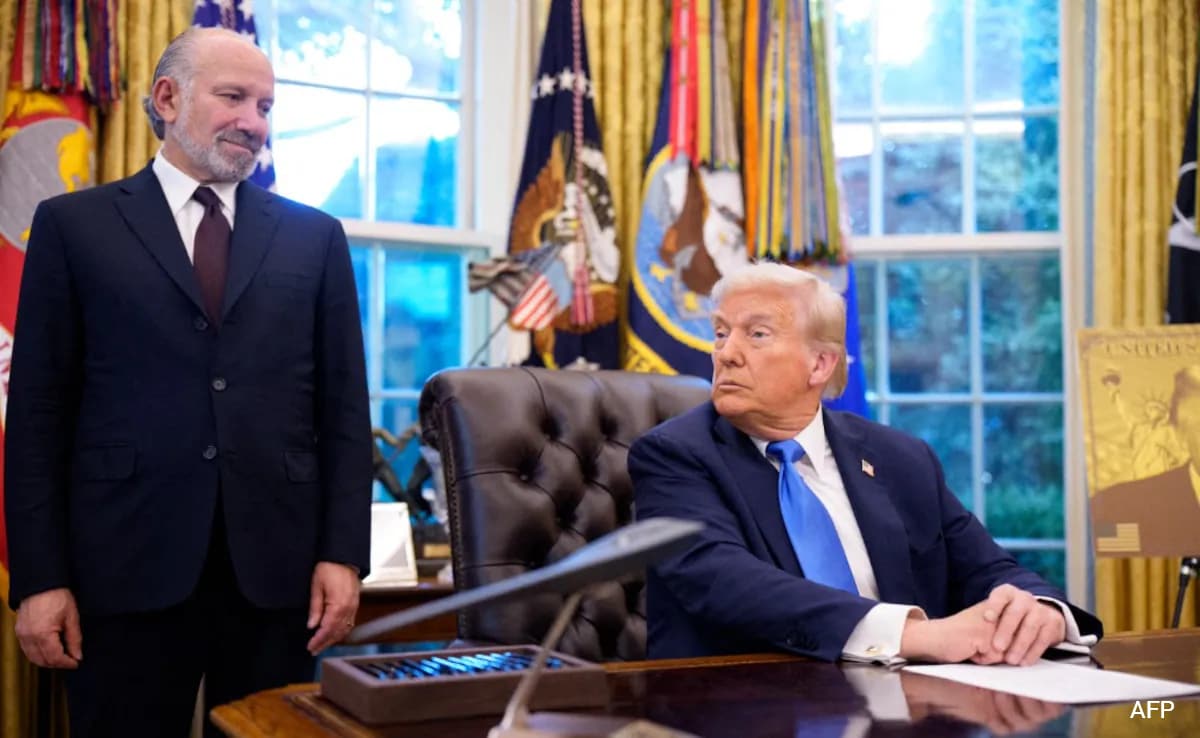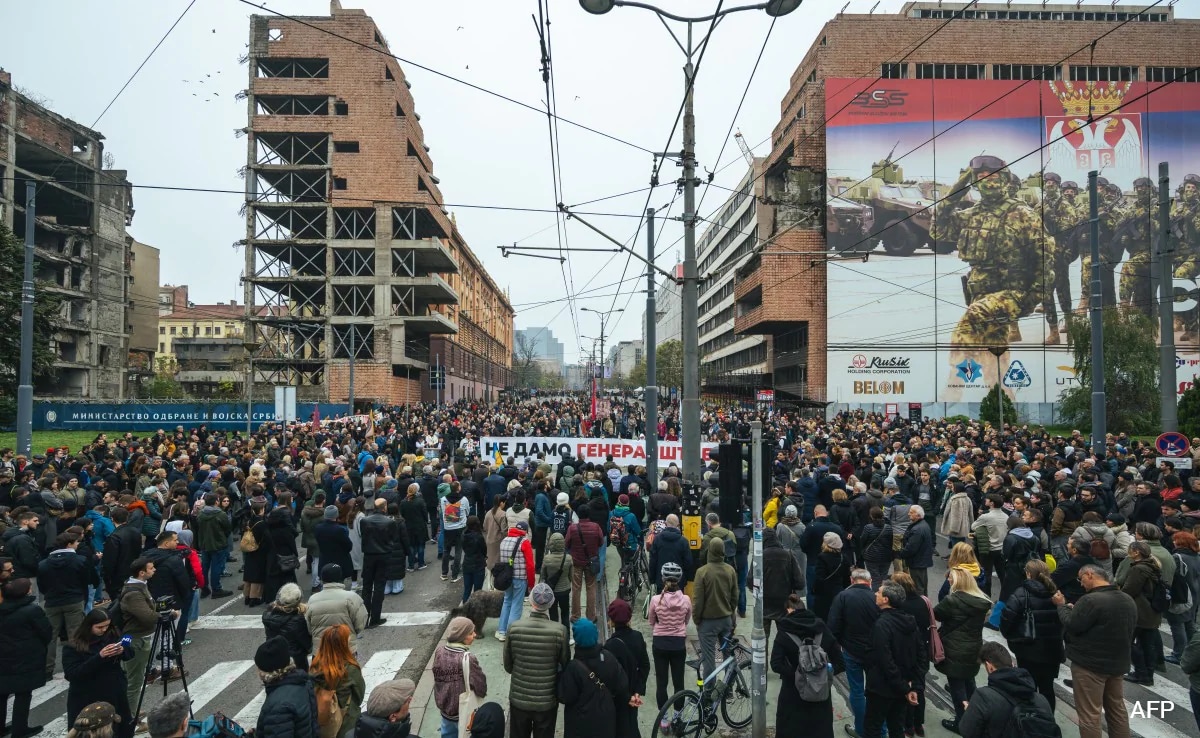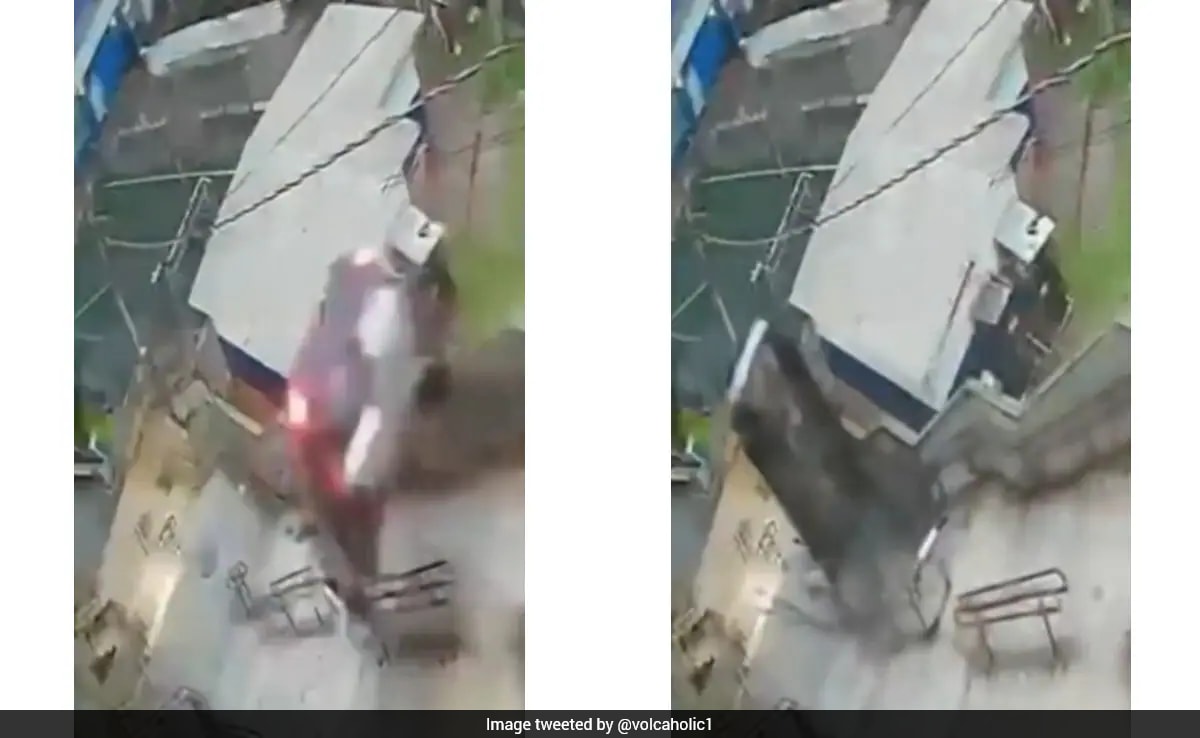A rector who had been accused of coverup, the Rev. Enrico Radice, 72, was also acquitted.
The Vatican’s determinations marked the closure of a year-long trial that examined one of the Catholic Church’s most unusual alleged abuse cases. In this instance, the abuse was said to have taken place between 2006 and 2012 inside a Vatican palazzo, a residence for preteens and teens — many with priestly aspirations — who served as altar boys during papal Masses.
Numerous Vatican higher-ups, including Pope Francis, had received written warnings of a potential crime starting in 2013. But the Vatican brought indictments against Martinelli and Radice only six years later — after a wave of Italian media coverage. By then, Martinelli had already been ordained.
A Washington Post investigation earlier this year detailed how Martinelli had risen to the priesthood — with the help of prelates who brushed off the initial accusations and conducted only a cursory investigation.
The Vatican tribunal on Wednesday pinpointed one of the leaders in that initial probe, Bishop Diego Coletti, as having responded to the claims in an “absolutely superficial manner,” so as to “reach a quick dismissal.” Radice had worked with Coletti during that inquiry, the Vatican tribunal said, but could face no punishment because of the statute of limitations.
Coletti was never indicted. The tribunal said in its statement that he is “gravely ill.”
Martinelli and Radice have denied any wrongdoing. On the stand, Martinelli said the claims were without merit, stemming from jealousies and internal divisions within the St. Pius X Pre-Seminary, as the facility is known.
The warnings about the alleged abuse sent to Vatican higher-ups came foremost from the alleged victim and his one-time roommate, Kamil Jarzembowski. But during the trial other altar boys said they had witnessed no abuse.
“The others never saw or heard anything,” said Rita Claudia Baffioni, the lawyer for Martinelli. She said that if a sexual relationship had taken place, there was “absolutely no violence,” and it had occurred before Martinelli was a priest.
Dario Imparato, the lawyer for the alleged victim, said that the trial had hinged on the issue of consent — and the ability of the court to recognize a power gap between Martinelli and the alleged victim.
While they were only seven months apart in age, Martinelli held a first-among-peers role within the youth seminary and was responsible for selecting which other boys received the honor of serving next to the pope during Masses. The alleged victim testified that Martinelli had leveraged that power for sex — and he had felt powerless to speak up or fight back.
Imparato said the Vatican court failed to recognize the power dynamic, and drew a parallel to Harvey Weinstein, the convicted sex offender whose case helped jump-start the MeToo movement.
“Weinstein wouldn’t use chains or whips or ropes to gain sexual favors from his victims,” Imparato said. “It was enough for him to say, ‘Do you want to make a movie? Do you want to stay in the loop?’ That is exactly what happened here. This has to do with consent.”
.png)











 English (United States) ·
English (United States) ·  Turkish (Turkey) ·
Turkish (Turkey) ·